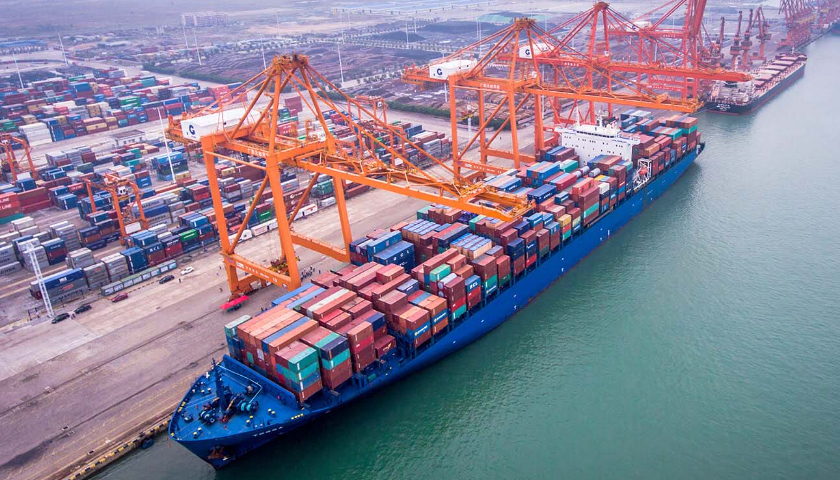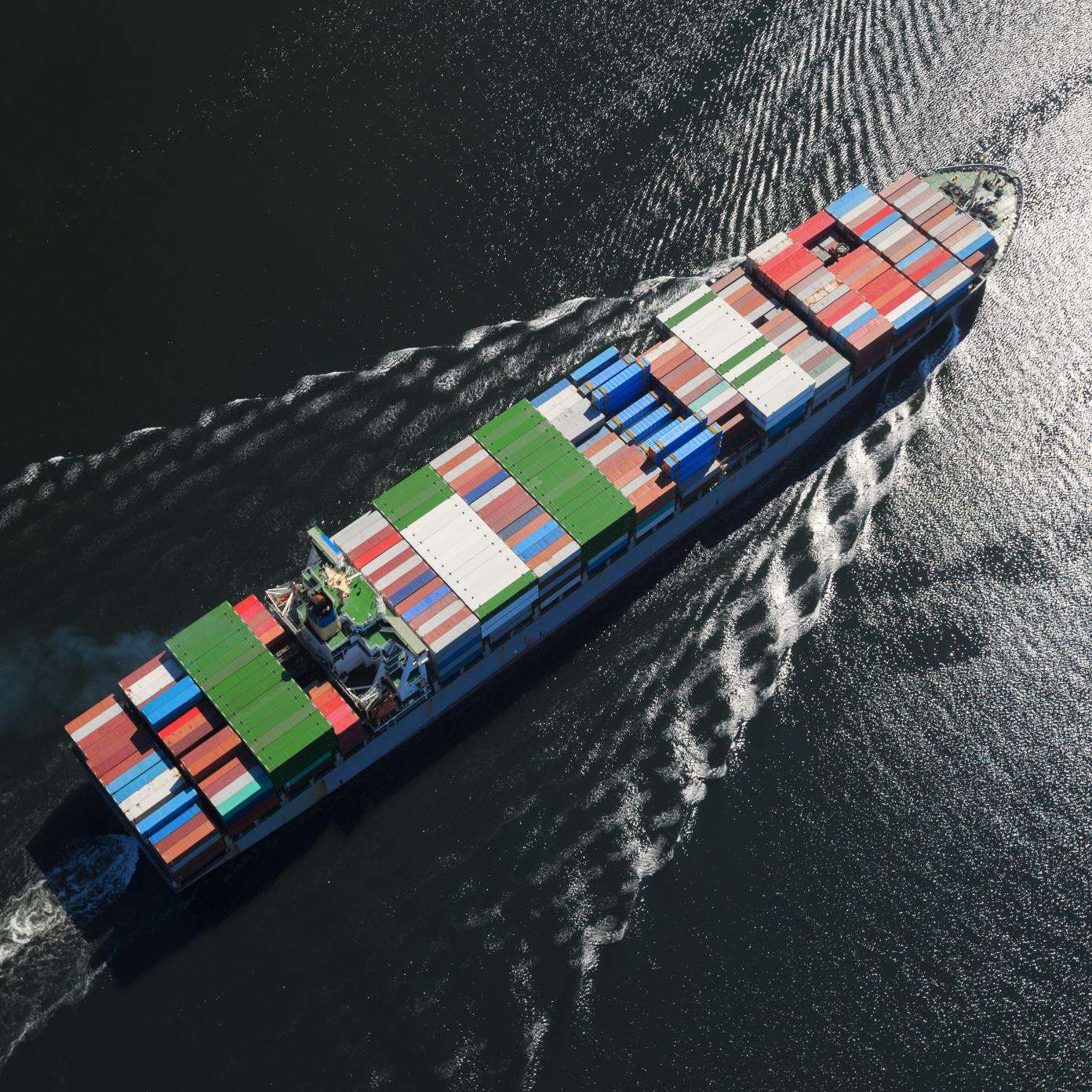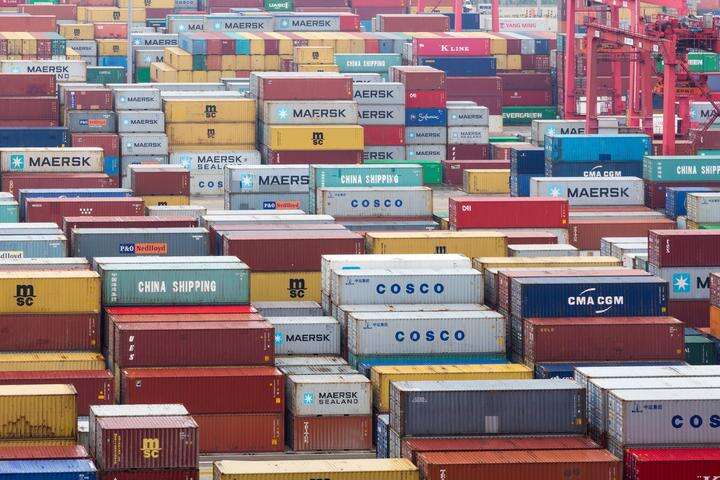production logistics
Production logistics represents an integrated system that orchestrates the flow of materials, information, and resources throughout the manufacturing process. This comprehensive approach encompasses material handling, inventory management, warehouse operations, and distribution coordination. Modern production logistics leverages advanced technologies like automated guided vehicles (AGVs), warehouse management systems (WMS), and real-time tracking solutions to optimize operational efficiency. The system employs sophisticated algorithms for demand forecasting, route optimization, and inventory level management, ensuring seamless coordination between different production stages. It integrates with enterprise resource planning (ERP) systems to provide real-time visibility across the supply chain, enabling proactive decision-making and risk management. The applications span across various industries, from automotive manufacturing to consumer goods production, where it helps maintain optimal inventory levels, reduce waste, and ensure timely delivery of materials to production lines.


